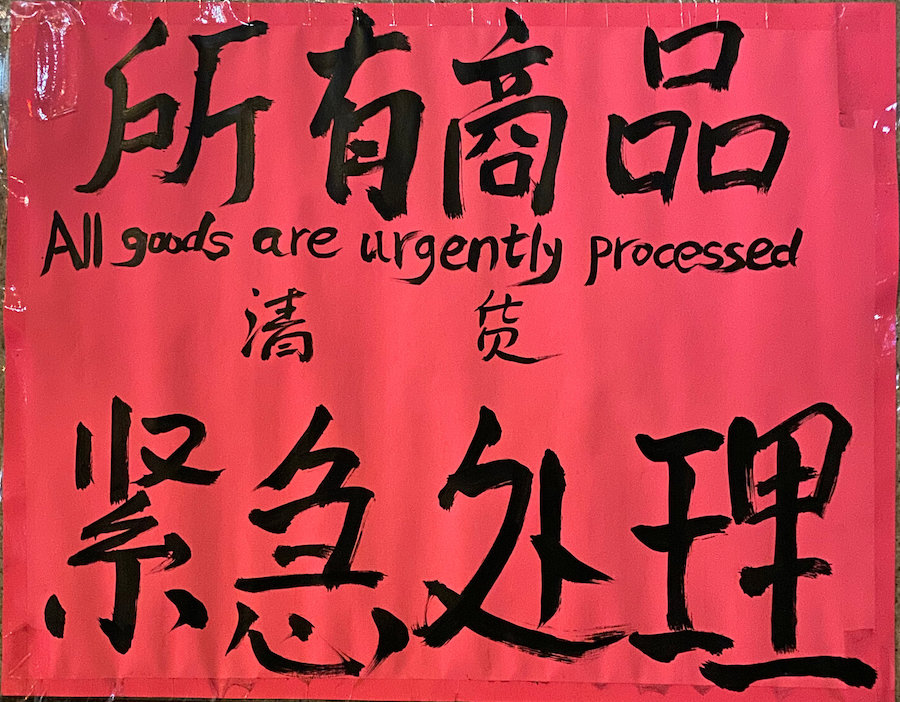Three weekends ago, I delivered a keynote here:
New Directions in Chinese Language Education in the 21st Century
The Eighth International Conference on Teaching Chinese as a Second Language
Swarthmore College, June 9-10, 2023
———–
Abbreviations:
AI — Artificial Intelligence
DT — Digital Technology
IT — Information Technology
DH — Digital Humanities
AGI — Artificial General Intelligence, where machines supposedly can accomplish any intellectual task that a human can (to me that's a pipe dream)
(given for present and future reference and use)
Title "Aspects of AI and digital technologies in Chinese language teaching"
Abstract
In recent decades, language processing hardware and software have progressed at an astonishing rate, one that is geometric rather than arithmetic. The opportunities these advances offer and the challenges they pose require our thoughtful attention and careful response, lest the machines get out of control and affect our students in detrimental ways. DeepL, ChatGPT, and other constantly evolving technologies possess enormous power to manipulate language, power that we can utilize for the enhancement of Chinese language pedagogy. On the other hand, we must monitor and adapt this potential in such a manner that it fits our purposes and meets the needs of our students.
Read the rest of this entry »

